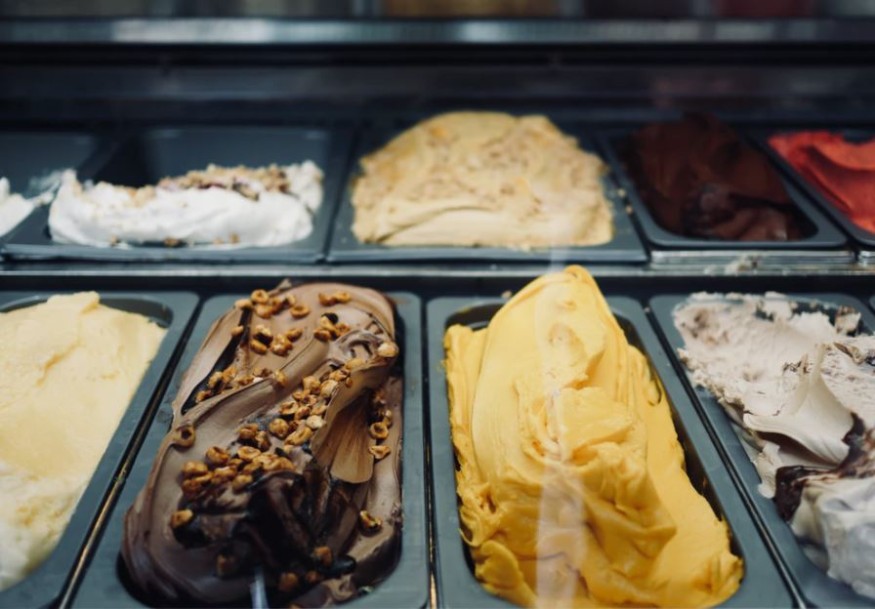Ice Cream From Chinese Company Found Contaminated With COVID-19

Three samples of ice cream from a Chinese company were contaminated and tested positive for COVID-19 while thousands of boxes of the dessert have been confiscated.
Samples of ice cream from a Chinese company tested positive for COVID-19, according to a report in FOX News. This led the officials to confiscate thousands of boxes of the dessert but it was also reported that thousands have already been distributed.
Authorities confiscate thousands of boxes
The contaminated ice cream is from the Tianjin Daqiaodao Food Company, according to Sky News. The company dumped 2,089 boxes of the product but officials believed that more than double of that amount or around 4,836 boxes have been contaminated.
Even though thousands of boxes have been confiscated and dumped, thousands of boxes have already been distributed for sale when the positive tests were discovered.
Due to this incident, market regulation authorities in other provinces outside Tianjin where thousands of ice cream were distributed were already notified of the issue.
Authorities are also informing customers who bought or may have purchased the ice cream under Tianjin Daqiaodao Food Company to report their health to community officials. Most especially for those who have experienced COVID-19 related symptoms after purchasing the product.
Related story : Can COVID-19 Live on Food Packaging?
Can COVID-19 survive in ice cream?
Officials believed that the virus or COVID-19 can survive in the ice cream because of its cold temperature. They also added that the ice cream might be contaminated by a person who was asymptotic but continued to work in the company.
Dr. Stephen Griffin, a virologist based at the University of Leeds, said that the instance of contamination was likely a "one-off" and not indicative of a broader issue with the plant itself, according to a recently published report in Sky News.
However, Dr. Griffin also said, "Of course, any level of contamination is not acceptable and always a cause for concern, but the chances are that this is the result of an issue with the production plant and potentially down to hygiene at the factory."
He also explained that the cold temperature that ice cream was stored at, and the fact it contains fat, could explain why the virus had survived on the samples taken - but suggested the news should not prompt major alarm. He said, "We probably don't need to panic that every bit of ice cream is suddenly going to be contaminated with coronavirus."
Read also : Can You Catch COVID-19 From Food?
Based on the initial epidemiological investigations, officials found out that Tianjin produced the batch of ice cream using raw materials including milk powder coming from New Zealand and whey powder imported from Ukraine. But they cannot still establish if this has something to do with the contamination of the ice cream.
Moreover, around 1,662 employees were tested at the company Thursday and were quarantining. There were no results yet of the tests. Anti-epidemic authorities are tracing people who may have been in contact with the batches, which were produced by Tianjin Daqiaodao Food Company.
Subscribe to Latin Post!
Sign up for our free newsletter for the Latest coverage!

















